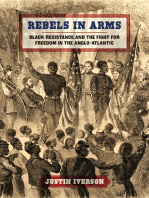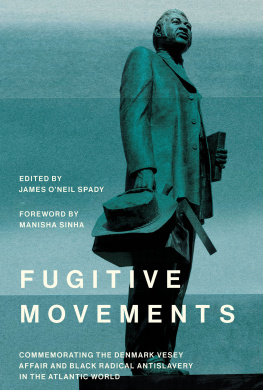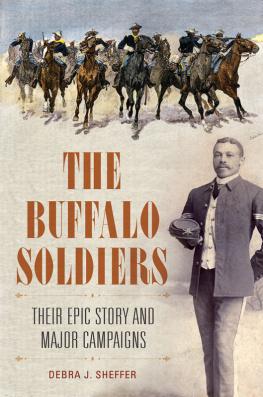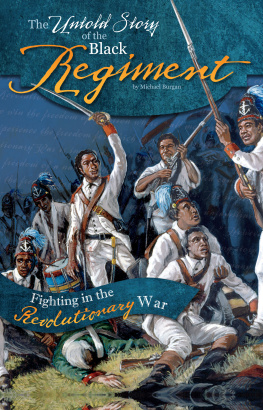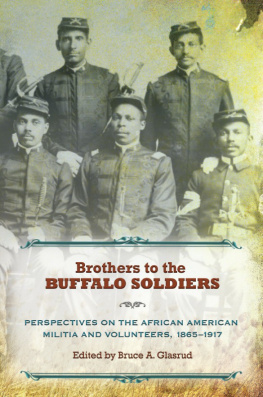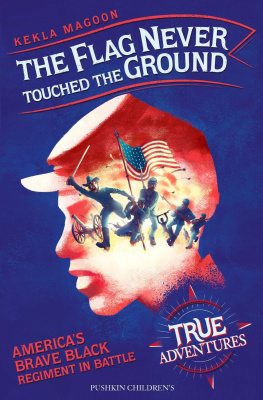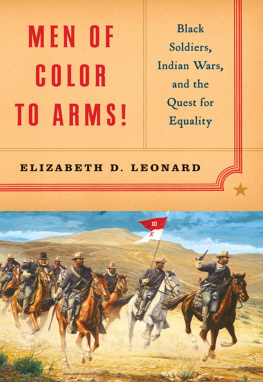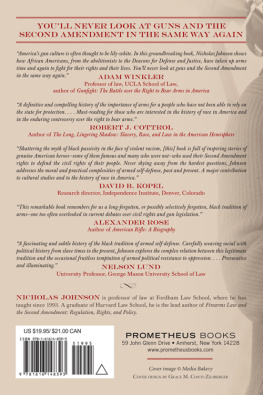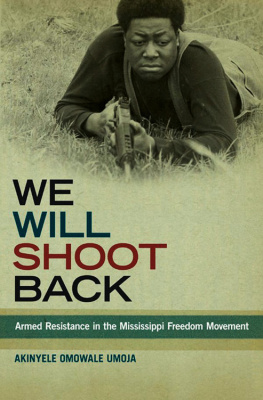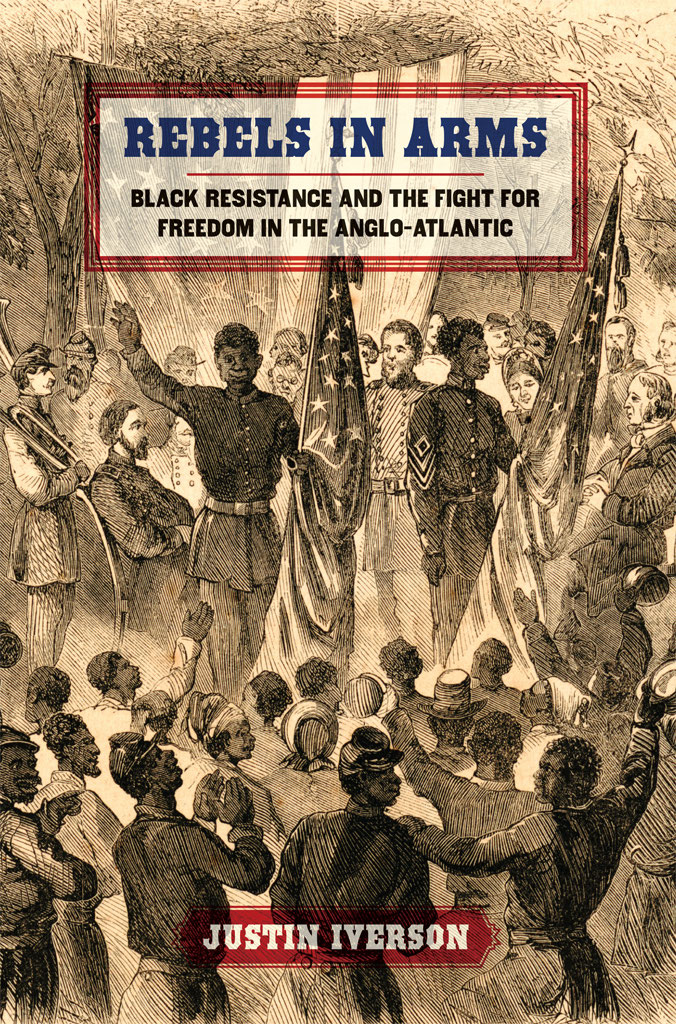Justin Iverson - Rebels in Arms: Black Resistance and the Fight for Freedom in the Anglo-Atlantic
Here you can read online Justin Iverson - Rebels in Arms: Black Resistance and the Fight for Freedom in the Anglo-Atlantic full text of the book (entire story) in english for free. Download pdf and epub, get meaning, cover and reviews about this ebook. City: Athens, year: 2022, publisher: University of Georgia Press, genre: History / Science. Description of the work, (preface) as well as reviews are available. Best literature library LitArk.com created for fans of good reading and offers a wide selection of genres:
Romance novel
Science fiction
Adventure
Detective
Science
History
Home and family
Prose
Art
Politics
Computer
Non-fiction
Religion
Business
Children
Humor
Choose a favorite category and find really read worthwhile books. Enjoy immersion in the world of imagination, feel the emotions of the characters or learn something new for yourself, make an fascinating discovery.
- Book:Rebels in Arms: Black Resistance and the Fight for Freedom in the Anglo-Atlantic
- Author:
- Publisher:University of Georgia Press
- Genre:
- Year:2022
- City:Athens
- Rating:4 / 5
- Favourites:Add to favourites
- Your mark:
Rebels in Arms: Black Resistance and the Fight for Freedom in the Anglo-Atlantic: summary, description and annotation
We offer to read an annotation, description, summary or preface (depends on what the author of the book "Rebels in Arms: Black Resistance and the Fight for Freedom in the Anglo-Atlantic" wrote himself). If you haven't found the necessary information about the book — write in the comments, we will try to find it.
Enslaved Black people took up arms and fought in nearly every colonial conflict in early British North America. They sometimes served as loyal soldiers to protect and promote their owners interests in the hope that they might be freed or be rewarded for their service. But for many Black combatants, war and armed conflict offered an opportunity to attack the chattel slave system itself and promote Black emancipation and freedom.
In six cases, starting in 1676 with Nathaniel Bacons Rebellion in Virginia and ending in 1865 with the First South Carolina Volunteer Infantry Regiment near Charleston, Rebels in Arms tells the long story of how enslaved soldiers and Maroons learned how to use military service and armed conflict to fight for their own interests. Justin Iverson details a different conflict in each chapter, illuminating the participation of Black soldiers. Using a comparative Atlantic analysis that uncovers new perspectives on major military conflicts in British North American history, he reveals how enslaved people used these conflicts to lay the groundwork for abolition in 1865. Over the nearly two-hundred-year history of these struggles, enslaved resistance in the British Atlantic world became increasingly militarized, and enslaved soldiers, Maroons, and plantation rebels together increasingly relied on military institutions and operations to achieve their goals.
Justin Iverson: author's other books
Who wrote Rebels in Arms: Black Resistance and the Fight for Freedom in the Anglo-Atlantic? Find out the surname, the name of the author of the book and a list of all author's works by series.

